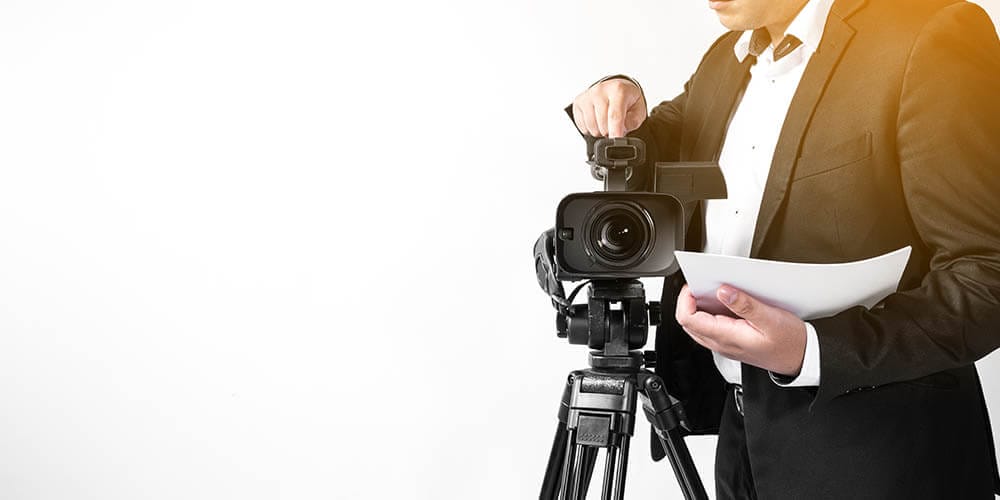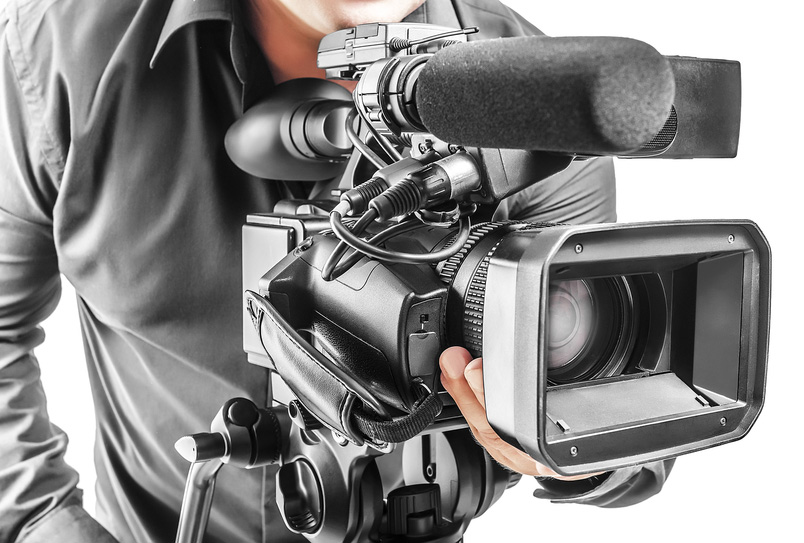The Role of Lawful Videography in Depositions and Trials
Legal videography has become a crucial tool in both depositions and tests, providing a complex method to recording witness testaments. By recording not only the spoken word yet also the nuances of non-verbal communication, this medium improves the credibility of testaments and preserves important evidence for future procedures. As lawyers significantly identify its worth, it prompts a much deeper evaluation of how these visual documents can affect juror perceptions and test end results. What ramifications might these growths hold for the future of legal practice?
Importance of Legal Videography
Legal videography plays a pivotal duty in the documentation and discussion of depositions and tests. This customized field incorporates technical abilities with legal understanding to create a trusted document of process that can significantly affect case end results. The aesthetic element of legal videography enhances the understanding of witness testimony, enabling jurors and courts to observe not only the talked words yet additionally the demeanor, emotions, and body movement of the witnesses.

The value of lawful videography prolongs past the court room; it also plays an essential duty in preserving evidence for future referral, whether for appeals or additional legal activity. Its combination into the lawful process is necessary for making certain a fair and precise depiction of the realities, eventually adding to the search of justice.

Refine of Legal Videography
While recording the subtleties of depositions and trials, the process of legal videography includes several vital actions that guarantee top notch, exact recordings. Originally, a specialist legal videographer prepares by assessing the instance materials and comprehending the particular demands of the deposition or test. This prep work includes acquainting themselves with the participants and the context, which assists in recording essential information.
On the day of the recording, the videographer establishes the necessary tools, which generally consists of high-def electronic cameras, microphones, and correct lights. Making sure optimum angles and audio high quality is important, as it directly impacts the performance of the recording. The videographer interacts with lawyers and individuals to develop protocols, guaranteeing that everyone understands the recording procedure.
Throughout the deposition or trial, the videographer diligently tapes the procedures, paying very close attention to both spoken and non-verbal signs. legal videography. This includes capturing the temperament and responses of witnesses and attorneys. After the session ends, the videographer might edit the footage for quality and conformity with legal standards, producing a final product that properly shows the procedures for future recommendation and usage in legal contexts
Advantages in Depositions
The incorporation of videography in depositions provides countless advantages that boost the total process of collecting evidence. One key advantage is the ability to record witness testimonies with aesthetic and acoustic fidelity, supplying an extra precise depiction of the witness's temperament, tone, and body movement. This multidimensional method enables lawyers and juries to evaluate reliability better than traditional written transcripts alone.
Furthermore, videographed depositions function as an effective tool for preserving testimony. Should a witness ended up being not available for trial, their recorded deposition can be played in court, making certain that their proof continues to be accessible and appropriate. This element considerably minimizes the danger of shedding critical details that could impact case outcomes.
Moreover, the use of legal videography promotes much better prep work for lawyers. Evaluating video clip footage enables lawful groups to assess and improve their methods, determining staminas and weaknesses in their instances. This preparatory benefit can result in even more engaging discussions in court.
Last but not least, videography boosts the total professionalism and reliability of the deposition process, instilling confidence in clients pertaining to the browse around these guys thoroughness of their legal representation. By leveraging technology, attorneys can considerably boost the effectiveness of depositions.
Impact on Tests
In numerous tests, the integration of videography can dramatically affect the presentation of proof and the court's understanding. Lawful videography captures witness testaments and vital proof in a vibrant format, permitting jurors to involve with the material on several degrees. This aesthetic part improves the narration element of a test, giving context and psychological vibration that conventional text-based evidence may lack.
Additionally, video recordings can work as powerful devices for impeachment during cross-examination. When discrepancies emerge in between a witness's prior declarations and their court room testament, video clip evidence gives an unbiased referral that can persuade jurors' viewpoints. This immediacy and quality can strengthen the reliability of a party's narrative while at the same time weakening opposing disagreements.
Additionally, the use of videography can help improve complex information, making it more obtainable to jurors that might have a hard time to realize elaborate information presented exclusively via spoken statement. By integrating visuals with acoustic information, lawful videography can improve retention and understanding, ultimately influencing the court's decision-making procedure. Therefore, the influence of videography in tests prolongs beyond simple aesthetic appeals; it plays an essential role in forming the legal landscape and end results.
Future Trends in Legal Videography
As we look towards the future of lawful videography, numerous arising patterns promise to improve its function within the court room. One significant fad is the assimilation of expert system (AI) in video clip analysis and editing and enhancing - legal our website videography. AI can streamline the process of recognizing crucial moments in videotaped depositions, permitting attorneys to promptly access appropriate web content, consequently boosting efficiency in instance prep work
Additionally, the increase of digital fact (VR) and boosted reality (AR) technologies is expected to transform just how jurors experience evidence. By immersing jurors in a substitute atmosphere, these technologies can supply a more extensive understanding of complicated situations, resulting in even more educated considerations.

Furthermore, the boosting demand for remote depositions, accelerated by the COVID-19 pandemic, will likely proceed. Lawful videographers will require to adapt to new software application and systems to ensure top quality recordings in virtual settings.
Last but not least, the expanding emphasis on information safety and security will necessitate stricter procedures for saving and sharing video clip proof. As the legal Continued landscape develops, legal videographers have to stay abreast of these fads to preserve their importance and performance in the judicial procedure.

Final Thought
In summary, lawful videography offers a critical function in the judicial process, enhancing the honesty of depositions and tests. By capturing the nuances of witness statements, this tool not only maintains essential evidence but also help in offering information properly to jurors. The value of visual paperwork in reviewing trustworthiness and promoting interrogation can not be overemphasized. As innovation remains to advance, lawful videography is poised to more change its function within the lawful landscape.
Comments on “Affordable Legal Videography Solutions for Depositions.”